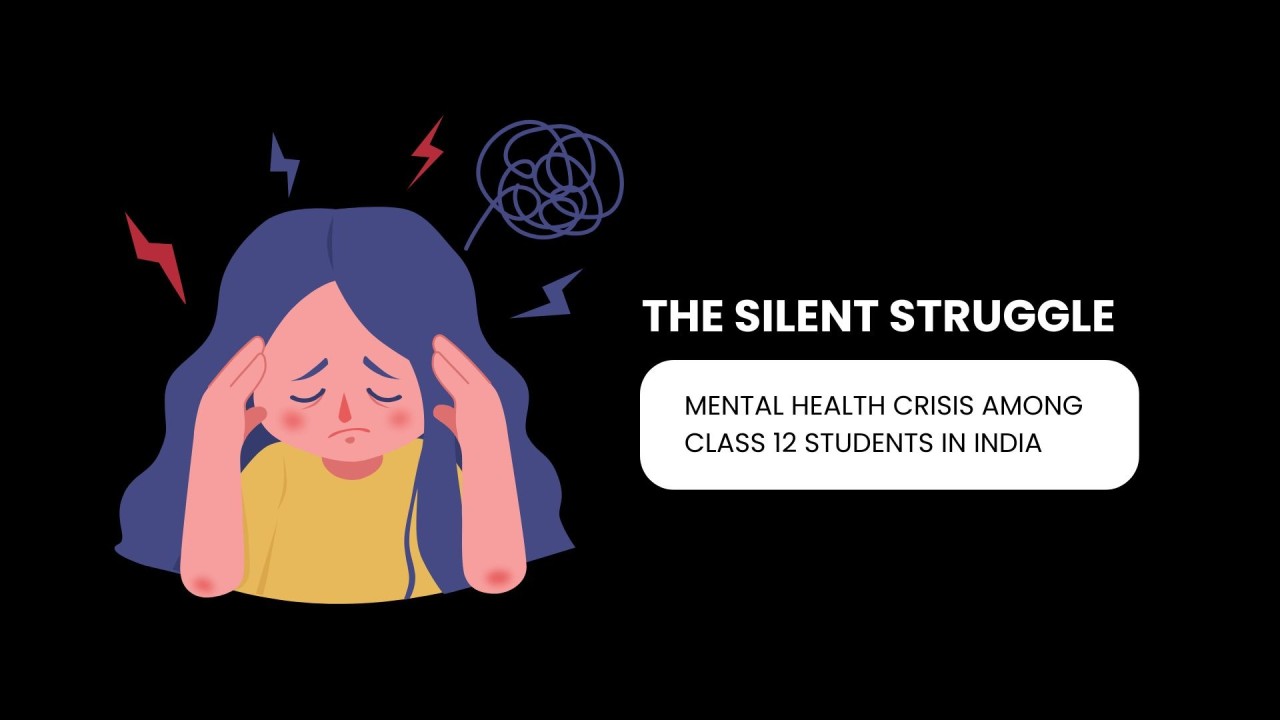Now Reading: The Silent Burnout Culture Among Indian Youth
-
01
The Silent Burnout Culture Among Indian Youth
The Silent Burnout Culture Among Indian Youth

India’s young workforce is facing a growing yet often invisible crisis—burnout. Between long working hours, academic pressures, and the constant need to maintain a digital presence, many young Indians are silently struggling with stress and exhaustion. In Tier 2 and Tier 3 cities, where opportunities are expanding but resources for mental health remain limited, this silent burnout is becoming a widespread concern.
Burnout doesn’t always show obvious signs. Many young people continue to perform daily tasks while internally dealing with fatigue, anxiety, and lack of motivation. The pressure to excel in education or at work, combined with comparisons on social media, often forces them to ignore their mental well-being. This creates a cycle where stress accumulates quietly until it starts affecting physical and emotional health.
Work culture in India contributes heavily to this phenomenon. High expectations, job insecurity, and competitive environments push youth to overcommit themselves. Even outside office hours, constant connectivity through phones and apps prevents proper rest, blurring the line between work and personal life. For students, balancing studies, coaching, and part-time work adds another layer of pressure.
Social media plays a dual role—it offers a platform for support but also heightens stress. Young Indians often feel compelled to project success and happiness, hiding their struggles behind curated posts. This can make it harder to reach out for help and reinforce the idea that exhaustion is normal or unavoidable.
Addressing burnout requires awareness and systemic change. Encouraging open conversations about mental health, setting realistic expectations, and adopting healthier work-life boundaries are essential steps. Small practices like digital detox, mindfulness, and time management can help, but structural support from schools, colleges, and workplaces is equally important.
The silent burnout culture among Indian youth is a reminder that productivity should not come at the cost of well-being. Recognizing and addressing it early can help young people lead healthier, more balanced lives while still pursuing their ambitions.

























